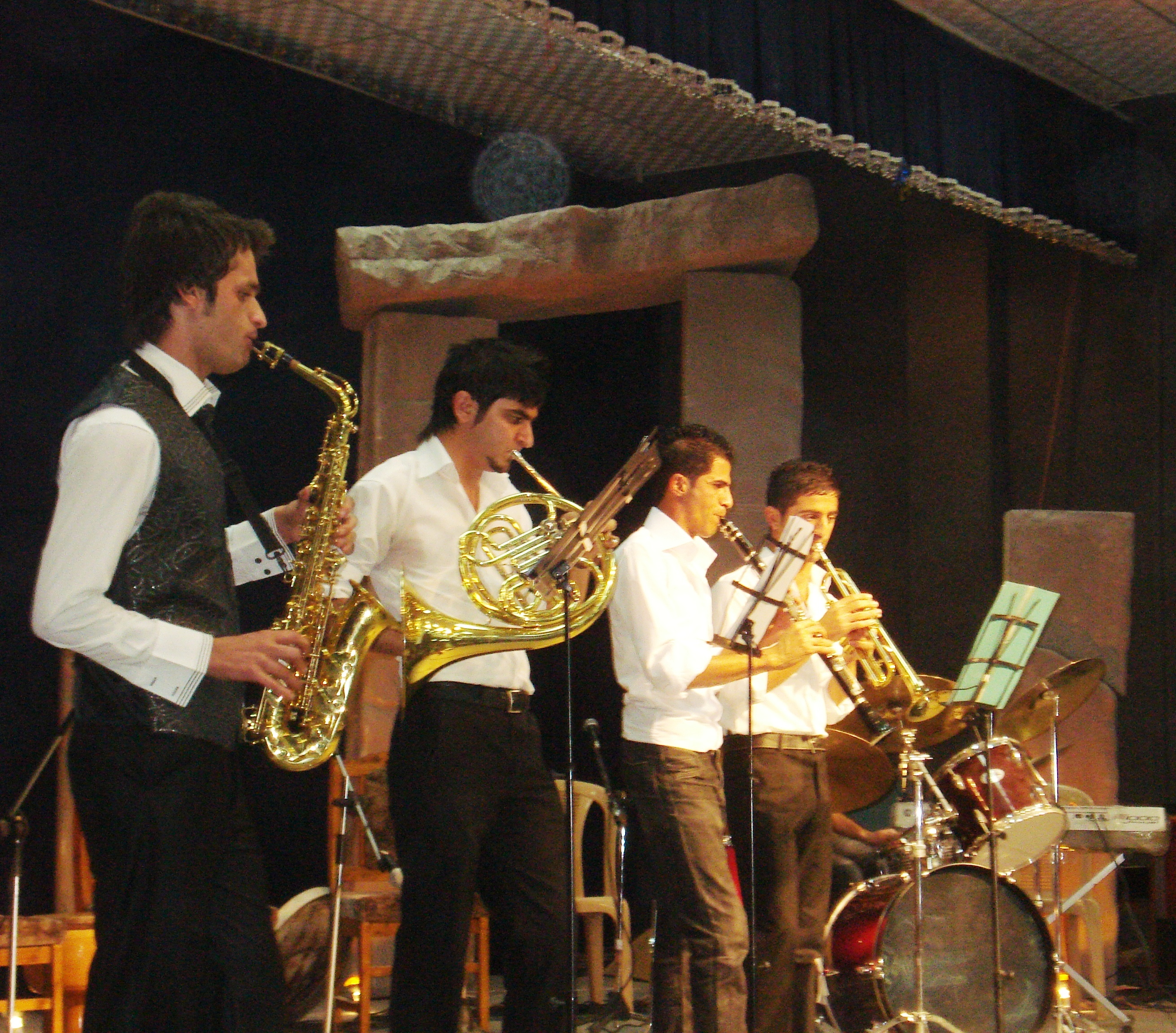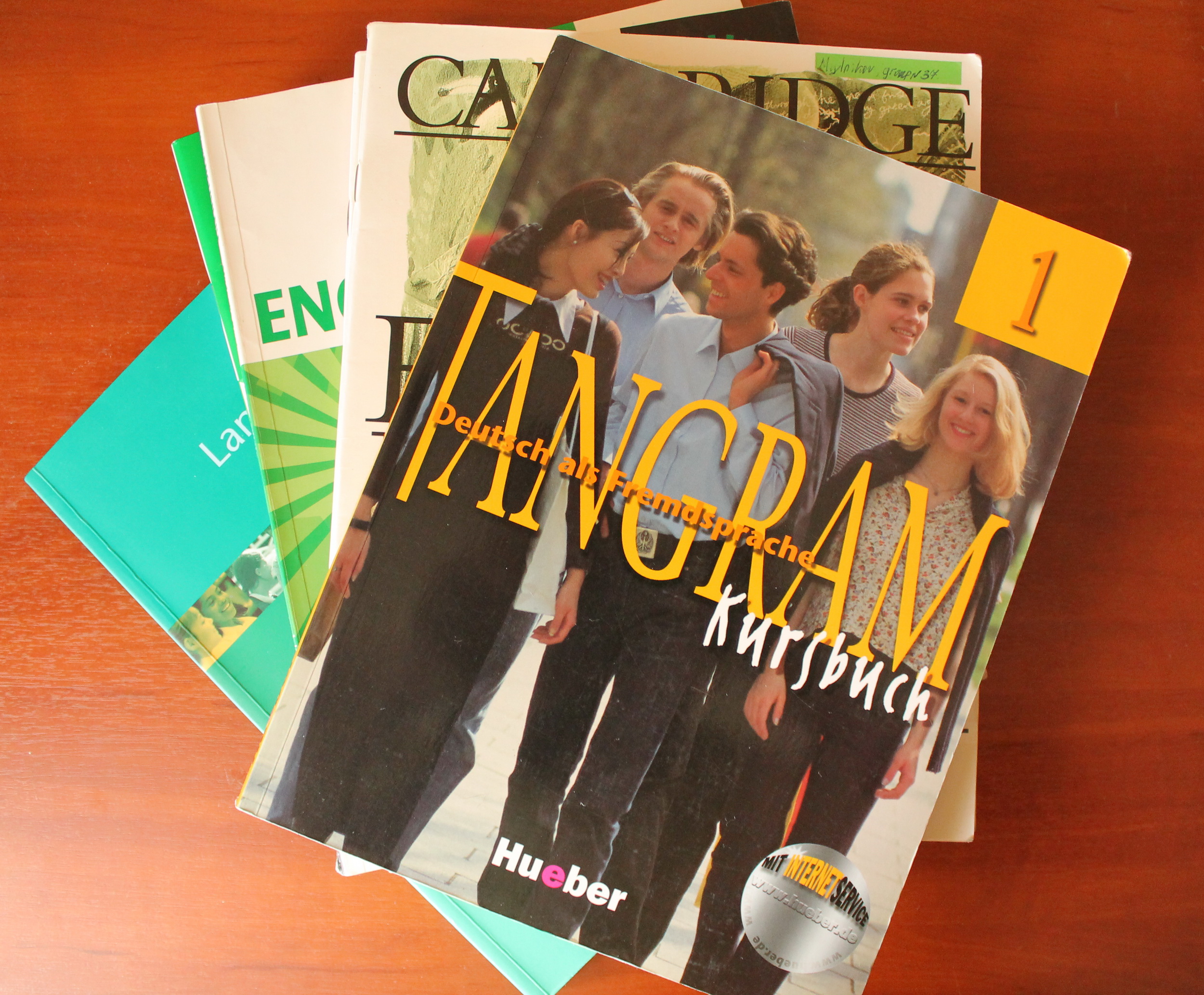Search Results for Tag: Teaching
Art for art’s sake in Iraq’s colleges?
Iraq’s fine arts institutes and colleges have made good progress in producing young artists in every creative field, but there are many issues still to talk about, and many things need to be changed in the system. I want to talk about the system in general in this post and go into more personal experiences in my next post.
I went to a fine arts institute, for which students in Iraq are eligible after finishing secondary school. In my experience, if you are interested in music, you should get started with it at a very early age – maybe between 3-5. Then you can learn to play naturally, and a similar argument could be made for other artistic fields.
![]() read more
read more
Reflections on Russia’s job market for university grads
One of my friends has recently been offered a position as a professor in a foreign university. While discussing the offer with him, I thought about our job market and would like to share some ideas about it.
I’ll start with the step just after graduating from university. There are people who work in spheres that have nothing to do with their university degree, and that is mostly due to low wages in the professional spheres they would occupy.
![]() read more
read more
Squeezing women’s freedoms as they grow up
In my experience in Iraq, the opportunities open to the genders differ according to social setting, age, geographical area and religious believes. We have equality more or less during early childhood, but you still see some differences in how boys and girls are treated.
I think that the opportunities open to males are not limited. They have choices from childhood onward, and they are even allowed to bend the rules. But females are always limited in the chances they have, specifically starting around age 14. Women have to struggle to get their own rights and freedoms, and many of them have sacrificed themselves to provide the freedoms others have today.
![]() read more
read more
Lacking unified standards in education
I was having breakfast with my parents on Sunday. My mom is an English teacher, and she was grading papers. She asked me to take a look at some writing by her students.
“Do you think I’m being too demanding? This is for CAE [Cambridge English: Advanced] level,” she asked.
I pondered several things and exchanged ideas with her. It was during this conversation that I recalled how exactly I came to write in English as I do today.
![]() read more
read more
Education and gender in Russia
I think the topic of gender equality is one of the key topics in the world, including in the educational sphere. And I hope it is achieved in most countries in the world. As for Russia, boys and girls have the same chances no matter which school you look at: kindergarten, primary, secondary or high.
Unfortunately, the government’s policy at some of these levels is not very well organized.
![]() read more
read more
Strokes of luck

Each year, students at the Ranya Institute's festival show off what they can do
I graduated from the Music Department at the Ranya Institute of Fine Arts in June 2008. Of course, I was happy to be done and excited because I thought that I had a job lined up for right afterward. I did everything necessary and met the requirements for a position teaching in a primary school. But it turned out that we recent graduates were unlucky – and not just in my field. No one was finding jobs in Iraq.
![]() read more
read more
A wounded society

During periods of corruption, many turn their backs on education
I read Hellgurd’s entry, and many things sound familiar.
Hellgurd implies in his entry that education in his country hasn’t been developed to its fullest due to a lack of continuity in policy. I believe it could also have something to do with the set of values that is chosen by the ruling party. There is also the fact that a lot of people in positions of power see education as a threat.
![]() read more
read more
Importing a new degree system in Russia

Russian reforms are affecting how and what students study
After reading Emmy’s entry about Kenya’s system of education and its impact on young people’s choices, I’d like to talk about the same issue in my country.
Things are set up differently in Russia. Our schools use a 3-5-2 system. The first two steps are: primary school, which usually takes 3 years, and secondary school, which takes 5. Both are compulsory. Then there’s a choice between attending high school for 2 more years and getting the right to enter a full-time university or leaving school and doing a vocational training program.
![]() read more
read more
An unexpected path
 Many people naturally think that we deal with education for only a limited period of time: when we are students ourselves and when we have children of school-age. Still, don’t forget about those who contribute a lot to this sphere – teachers.
Many people naturally think that we deal with education for only a limited period of time: when we are students ourselves and when we have children of school-age. Still, don’t forget about those who contribute a lot to this sphere – teachers.
I’m a teacher of English, though I had never planned to be the one at first!
![]() read more
read more
Hope springs eternal
In my country, it should really be the case that the education process reflects individual perspectives as well as developments throughout the world. However, we have a lot of problems there. Until recently, Iraq’s dictatorial government, like all the other parts of life here in Iraq, were big obstacles to education. Schools were prevented from developing and kept circling around a limited range of ideas.
![]() read more
read more














Feedback